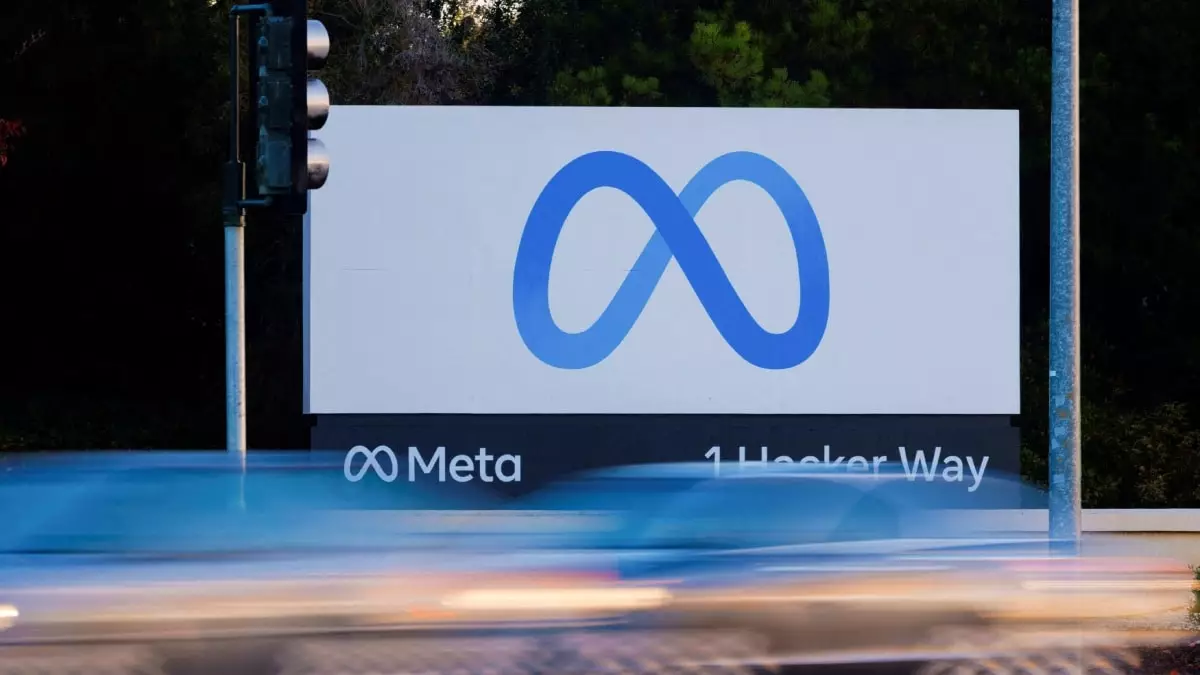In recent developments, Brazil’s government has issued a critical response to changes implemented by Meta regarding its fact-checking framework. Solicitor General Jorge Messias highlighted the urgency of the situation during a press briefing, presenting the Brazilian government’s intent to seek clarification from Meta by a firm deadline. The situation arose after Meta announced substantial revisions to its U.S. fact-checking operations, which included reducing restrictions on discussions surrounding contentious topics like immigration and gender identity. Such changes have raised alarms among Brazilian officials about the potential implications for misinformation and societal discourse.
Brazilian officials are articulating profound unease in response to Meta’s shifting policies. Messias likened the company’s approach to that of an “airport windsock,” suggesting that the fluctuating methodologies underpinning Meta’s policies may put Brazilian society at risk of misinformation. The metaphor underscores a worry that the company could adapt its policies primarily based on fluctuating pressures rather than a clearly defined ethical framework that prioritizes veracity. This sentiment reflects a broader skepticism regarding the ability of global tech firms to maintain consistent and responsible content moderation practices.
Further amplifying the government’s stance, Brazilian President Luiz Inacio Lula da Silva has joined the discourse, labeling the changes enacted by Meta as “extremely serious.” His comments underscore the gravity with which the Brazilian leadership is treating the implications of these changes. A meeting has been convened to address Meta’s policy modifications, indicating that the government views this situation not just as a corporate decision but as a matter of national interest. The concern is rooted in the belief that lax policy towards content regulation can lead to a proliferation of misinformation, thus jeopardizing informed public discourse in Brazil.
In staking its position, Meta has argued that the motivation behind these changes stems from a recognition of previously made errors and excessive censorship. CEO Mark Zuckerberg’s admission encapsulates the company’s struggle to balance content moderation against the backdrop of accusations of bias and overreach. However, the implicit message of prioritizing U.S. policy shifts raises an important question about the localized impact in other regions, like Brazil. A spokesperson for Meta clarified that these changes were initially targeted solely at the U.S., beckoning an inquiry into how similar frameworks may operate in other markets.
As Brazil awaits a formal response from Meta, the situation underscores a growing tension between national governments and transnational corporations regarding media regulation and responsibility. The outcome of this diplomatic engagement may set critical precedents for how such platforms manage content on a global scale. What remains to be seen is whether Meta’s reaction will align more with responsible corporate governance or further entrench the practices that have prompted such governmental scrutiny. The Brazilian government, through its firm stance, signals a willingness to challenge the status quo of tech companies operating within its borders, advocating for the accountability of global platforms in fostering a healthier information ecosystem.


Leave a Reply